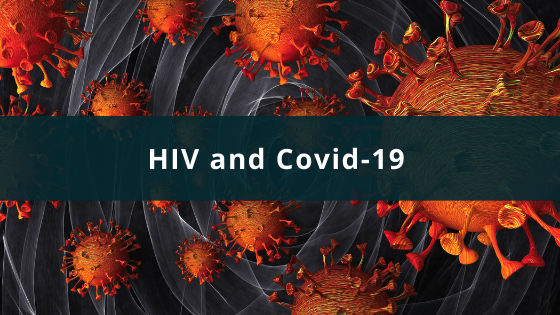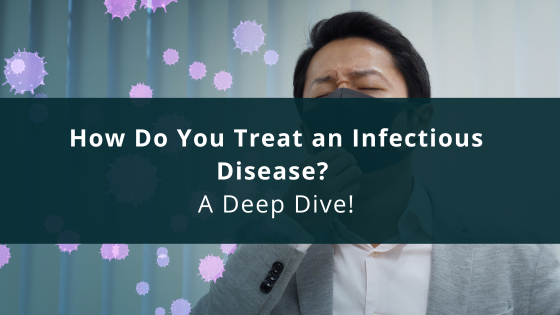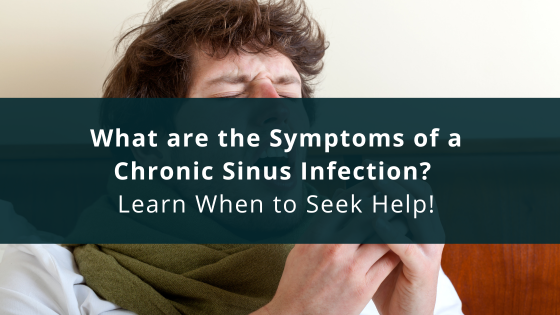In the beginning of the Covid-19 pandemic, those of us that care for patients with HIV/AIDs were very concerned on how it would impact these patients. HIV is considered a risk factor for worse outcomes to Covid-19 because of the immunocompromised state it creates in those infected with HIV. Unfortunately, there are other risk factors associated with HIV that add other comorbidities that are also considered high risk for Covid-19. Patients with HIV are at an increased risk of cardiovascular disease. Patients with HIV have a two times greater chance of having a cardiovascular event or stroke compared to those without HIV. Mechanisms for this is still not well understood, but it appears to be due to metabolic derangements associated with HIV, regardless of viral suppression due to antiretroviral therapy.
In addition, patients with HIV also have abnormal accumulation for adipose tissue, both subcutaneously and in the viscera (internal organs). Again, the mechanisms for these phenomena are multifactorial and not completely understood. Regardless, these patients exist in a pro-inflammatory state which is chronic. In relation to Covid-19, we are now understanding the importance between the virus and underlying chronic inflammatory states. Covid-19 is known to cause an abnormal cytokine storm, or more like a cytokine explosion, in high-risk patients, which is analogous to gasoline on a fire.
Thankfully my HIV patients faired very well through the pandemic, with no hospitalizations or deaths. They are, for the most part, compliant with their therapies and were adherent to sheltering in place and masking.
Despite doing everything right, there were several patients that still contracted Covid-19. Amazingly, their symptoms were minimal. In one case, my patient had a two-day history of a low-grade fever, mild sore throat, and dry cough. One week after his symptoms, he was seen in the office and asked if that could be Covid. Blood work revealed he was positive Covid-19 IgA, IgM and IgG indicating a recent infection.
Another case was a young man in his late twenties who shares a house with his partner and two other men around the same age. He is the only one who is HIV positive and on antiretroviral therapy. Apparently Covid had struck the other three severely and he only had minimal symptoms and took care of the other three.
This has also been seen in general, that people with HIV did not have a more grievous outcome to Covid-19 if they were on antiretroviral therapy. It appears as if the antiretroviral therapy acted as a prophylaxis against the Covid-19 virus. It did not prevent patients with HIV from getting sick, but it appears as if the antiretrovirals, several which are known to have benefit against Covid-19 such as tenofovir and emtricitabine, diminished viral replication enough to prevent that cytokine explosion from occurring until the patient’s immune system could eliminate the virus.
This is not to suggest that those without HIV should be going on such medications for Covid-19 prophylaxis, but it does shed light on the fact that prophylaxis could be an important adjunct in combating Covid-19, especially considering all the breakthrough cases we are now seeing with the vaccines. There are many unknowns as we continue into this second year of the pandemic, we need more tools in the toolbox to fight it, not less.







